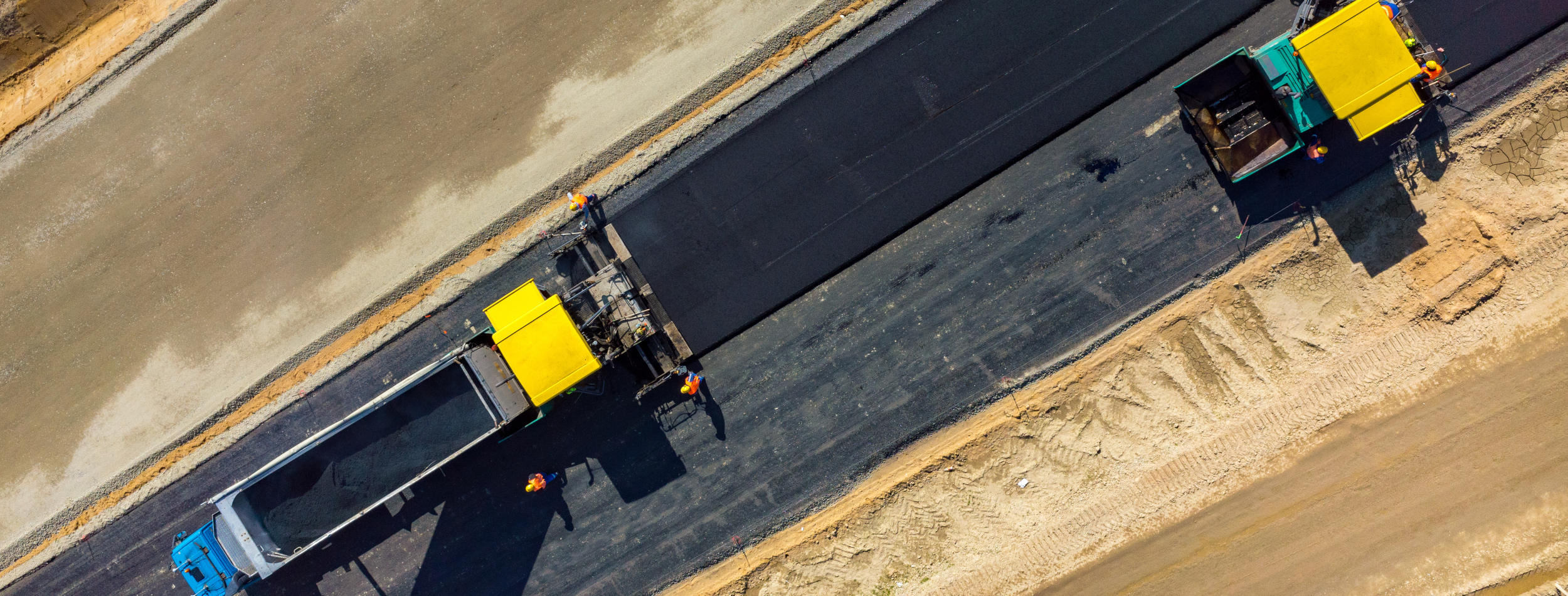

President Biden signs infrastructure investment package into law
Share this
On November 15, 2021, President Biden signed the Infrastructure Investment and Jobs Act (IIJA) into law.
The legislation calls for $550 billion in new federal spending on infrastructure on top of extending the surface transportation program for five years. The agreement invests $110 billion in roads, bridges, and highways; $39 billion for public transit; $66 billion for passenger and freight rail; $73 billion in updating the power grid; and $65 billion in high-speed internet. More specifically, the legislation calls for $50B to ensure the nation’s infrastructure is resilient to the impacts of climate change.
Investment in pre-disaster mitigation and climate resiliency is a priority for Zurich and Zurich’s Government & Regulatory Relations (GRR) team worked with the Administration and Congress on this important topic. In fact, investing in resilient infrastructure was the focus of Zurich’s March 2021 testimony before U.S. House of Representatives Committee on Transportation and Infrastructure. And, in testimony last month before the US House Select Committee on the Climate, Zurich urged Congress to pass the Infrastructure Investment and Jobs Act.
Zurich led an effort to include specific language to ensure that certain federally financed infrastructure projects maintain appropriate payment and performance security bonding to protect taxpayers and subcontractors. The Zurich GRR team has worked with the Surety & Fidelity Association of America (SFAA), the American Property Casualty Insurance Association (APCIA), and other coalition partners in a multi-year effort to advance this provision.
Now that the infrastructure bill has been signed into law, Congress and the Administration will focus on the $1.75 trillion Build Back Better Act (BBB). The sweeping legislation will have significant impact across the economy and on Zurich, as an insurer, investor and employer. Of particular interest to Zurich are additional investments to address climate change. Although Congressional Democrats and the Administration reached an agreement on a framework, the specifics of the legislation continue to evolve. At this time, the timing and road to final passage remain unclear.
By David Mork

Assistant Vice President, Federal Affairs
President Biden signs infrastructure investment package into law
Share this
On November 15, 2021, President Biden signed the Infrastructure Investment and Jobs Act (IIJA) into law.
The legislation calls for $550 billion in new federal spending on infrastructure on top of extending the surface transportation program for five years. The agreement invests $110 billion in roads, bridges, and highways; $39 billion for public transit; $66 billion for passenger and freight rail; $73 billion in updating the power grid; and $65 billion in high-speed internet. More specifically, the legislation calls for $50B to ensure the nation’s infrastructure is resilient to the impacts of climate change.
Investment in pre-disaster mitigation and climate resiliency is a priority for Zurich and Zurich’s Government & Regulatory Relations (GRR) team worked with the Administration and Congress on this important topic. In fact, investing in resilient infrastructure was the focus of Zurich’s March 2021 testimony before U.S. House of Representatives Committee on Transportation and Infrastructure. And, in testimony last month before the US House Select Committee on the Climate, Zurich urged Congress to pass the Infrastructure Investment and Jobs Act.
Zurich led an effort to include specific language to ensure that certain federally financed infrastructure projects maintain appropriate payment and performance security bonding to protect taxpayers and subcontractors. The Zurich GRR team has worked with the Surety & Fidelity Association of America (SFAA), the American Property Casualty Insurance Association (APCIA), and other coalition partners in a multi-year effort to advance this provision.
Now that the infrastructure bill has been signed into law, Congress and the Administration will focus on the $1.75 trillion Build Back Better Act (BBB). The sweeping legislation will have significant impact across the economy and on Zurich, as an insurer, investor and employer. Of particular interest to Zurich are additional investments to address climate change. Although Congressional Democrats and the Administration reached an agreement on a framework, the specifics of the legislation continue to evolve. At this time, the timing and road to final passage remain unclear.
By David Mork

Assistant Vice President, Federal Affairs



